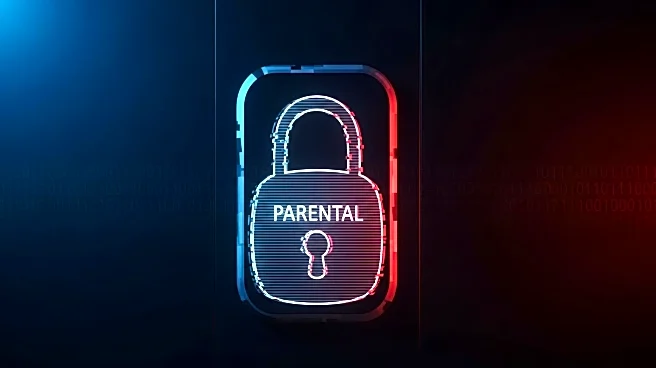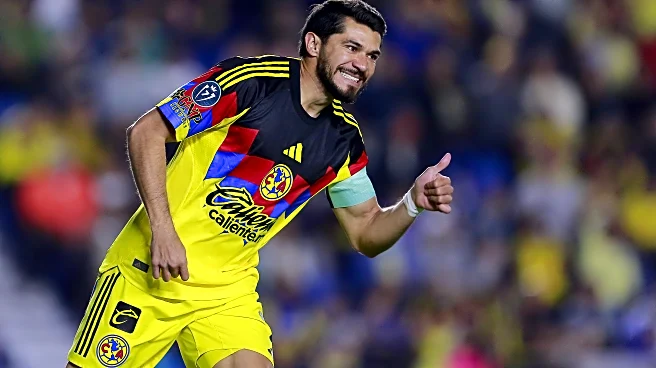What's Happening?
OpenAI has introduced new parental controls for its ChatGPT platform in response to concerns about its impact on teenagers, including issues related to mental health and exposure to inappropriate content. However, these controls have been criticized for being easily circumvented. A test conducted by a tech-savvy parent revealed that the controls could be bypassed in minutes by simply logging out and creating a new account. Additionally, the default privacy settings on teen accounts do not adequately protect young users, as they allow conversations to be used for AI training and retain chat memories, which can lead to inappropriate interactions. OpenAI claims that the controls were developed with expert consultation and are intended to provide families with choices, but critics argue that the responsibility for safety should not be shifted to parents alone.
Why It's Important?
The effectiveness of parental controls on AI platforms like ChatGPT is crucial as children increasingly use these technologies for information and companionship. The current shortcomings in OpenAI's controls highlight a broader issue of accountability in the tech industry, where companies are often not held liable for the safety of their products. This situation poses risks to children's mental health and safety, as inadequate controls can lead to exposure to harmful content. The debate over these controls also reflects ongoing discussions about the need for regulatory measures to ensure that AI companies prioritize user safety, particularly for vulnerable groups like teenagers. The outcome of this issue could influence future legislation and industry standards regarding AI safety.
What's Next?
California Attorney General Rob Bonta has put OpenAI on notice regarding its child protection measures, indicating potential legal scrutiny. A proposed California law, AB 1064, aims to hold AI companies accountable for the safety of their products, particularly those that interact with children. If passed, this law would require companies to test and mitigate risks associated with their chatbots, with legal penalties for non-compliance. The tech industry, represented by lobbying groups like TechNet, opposes such regulations, arguing they could hinder innovation. The resolution of this legislative effort could set a precedent for how AI safety is regulated in the U.S.
Beyond the Headlines
The introduction of parental controls by OpenAI raises ethical questions about the balance between innovation and safety. As AI technologies become more integrated into daily life, the responsibility of tech companies to protect vulnerable users becomes more pressing. The current situation underscores the need for a comprehensive approach that includes both technological solutions and regulatory frameworks to ensure that AI advancements do not come at the expense of user safety. This development also highlights the potential for AI to impact societal norms and the importance of public discourse in shaping the future of technology.











